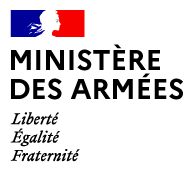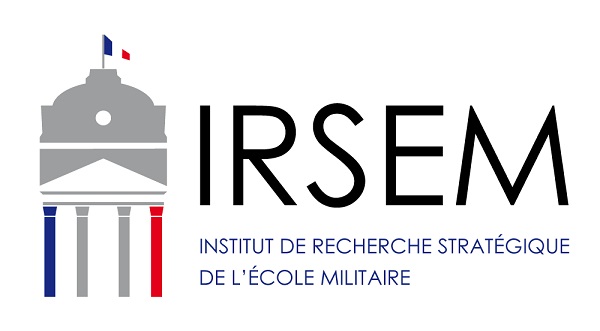IRSEM was delighted to welcome Dr. Adam Liu, Assistant Professor in the Lee Kuan Yew School of Public Policy at the National University of Singapore on May 2, 2023. He presented one of his latest research papers entitled “Assessing Public Support for (Non-)Peaceful Unification with Taiwan: Evidence from a Nationwide Survey in China”.
Although the prospect and implications of a war between the PRC and Taiwan has been the subject of extensive discussion and debate, little is known about how ordinary Chinese assess the set of political, economic and military tools that Beijing could potentially use against Taipei.
To explore this issue, Adam Liu carried out a unique survey in China, interrogating 2083 respondents on their perceptions of each of the solutions that could be chosen by the Chinese authorities. Findings show that a unification through the use of force or "wutong", only gets small support, as do a series of less aggressive political options, ranging from resorting to small-scale warfare, forcing Taipei to negotiate, or simply maintaining the status quo. The mapping of Chinese people’s individual political choices suggest that a the majority of people are either ambivalent or pacifist, with only one in a hundred rejecting all but the extreme "wutong" option. Analysis of respondents’ socio-demographic and political characteristics reveals that aggressive political preferences are driven primarily by nationalism and peer pressure, but mitigated by concerns over the economic, human and reputational costs of non-peaceful unification, as well as the likelihood of US intervention.
The article : Adam Y. Liu & Xiaojun Li (2023) Assessing Public Support for (Non-)Peaceful Unification with Taiwan: Evidence from a Nationwide Survey in China, Journal of Contemporary China, DOI: 10.1080/10670564.2023.2209524



